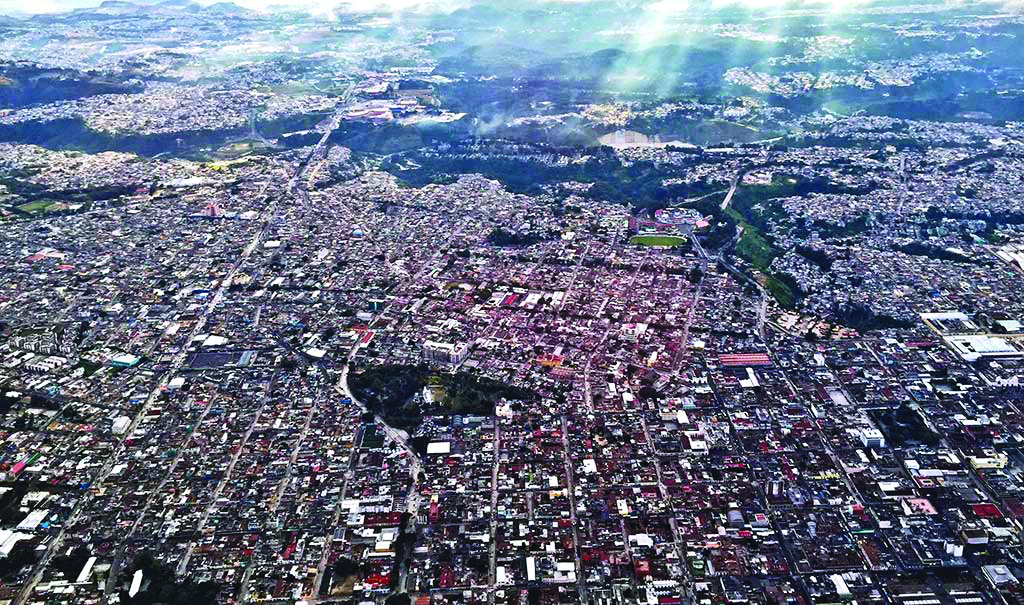
Guatemala City (Photo credit: World Bank)
Well above half of Central America’s people now reside in urban areas, and that figure is projected to rise to 7 out of 10 people within a generation. This rapid process of often unplanned urbanization, compounded by the impacts of climate change, is leaving more people and assets exposed and vulnerable to natural hazards.
Funded through the Japan–World Bank Program for Mainstreaming DRM, assistance for national and local authorities to strengthen resilience at the municipal level is underway in Costa Rica, El Salvador, Guatemala, Honduras, and Panama. These efforts include development of disaster risk management frameworks and draw upon the Central America Urbanization Review, which provided a comprehensive assessment of country-level strategies and priorities.
National and local authorities across the region are increasingly taking action toward assessing and understanding disaster risks. Examples include a pilot study of landslide hazards in metropolitan Guatemala City and a flooding risk analysis of the Tocumen River watershed in Panama. In Honduras’s Sulla Valley, municipal authorities are undertaking a risk analysis which considers the hazards that affect indigenous populations, an approach which could be replicated elsewhere in the region.
RESULTS IN NUMBERS
Nearly 1,000 people trained on risk assessments and methodologies
The development of municipal risk information is driving policy planning and dialogue for resilience at every level of government. In Guatemala, the pilot study of landslide hazards in Guatemala City is beginning to inform land use and risk reduction planning by the Mancomunidad del Sur, an association of six municipalities. At the same time, the pilot study has also helped cast the spotlight on the importance of understanding risk at the municipal level, informing ongoing discussions around proposed reforms to the country’s disaster risk management law.
Technical assistance and training activities are also helping national and local leaders improve risk assessment and territorial planning, and to make better use of the information collected in order to advance municipal resilience. Nearly 1,000 officials and other key stakeholders from the private sector and civil society have participated in training activities on risk assessments and methodologies. In both Honduras and Guatemala, these activities have proved critical to ongoing efforts to institutionalize minimum standards for assessing local risks at the municipal level.
GFDRR funding for this initiative has informed the following World Bank lending operations: an IBRD-funded Disaster Risk Management Development Policy Loan with a Catastrophe Deferred Drawdown Option (Cat DDO) for Guatemala, the IDA-funded Honduras Disaster Risk Management Project, and the IBRD-funded Panama City Waterfront Redevelopment and Resilience Program.
